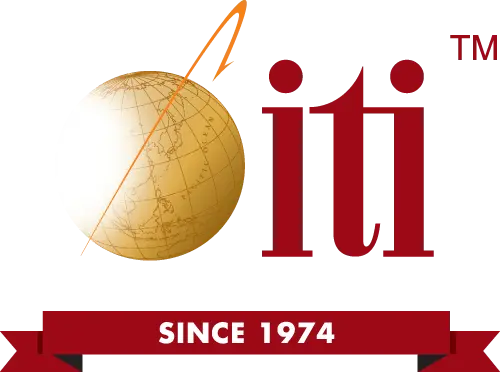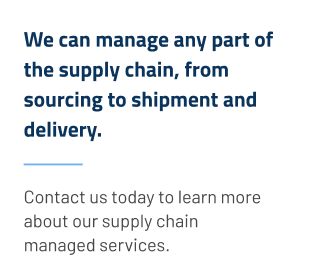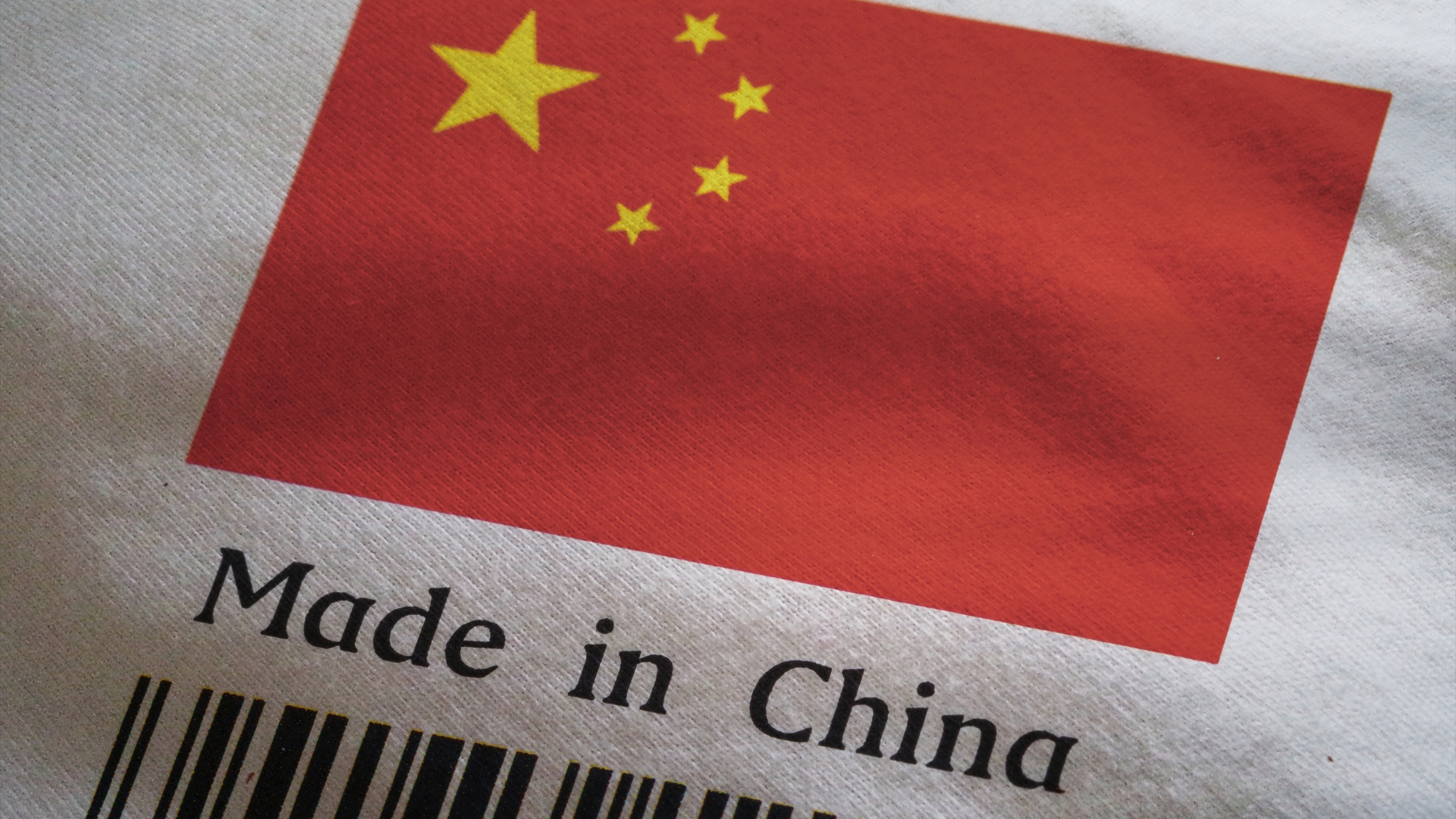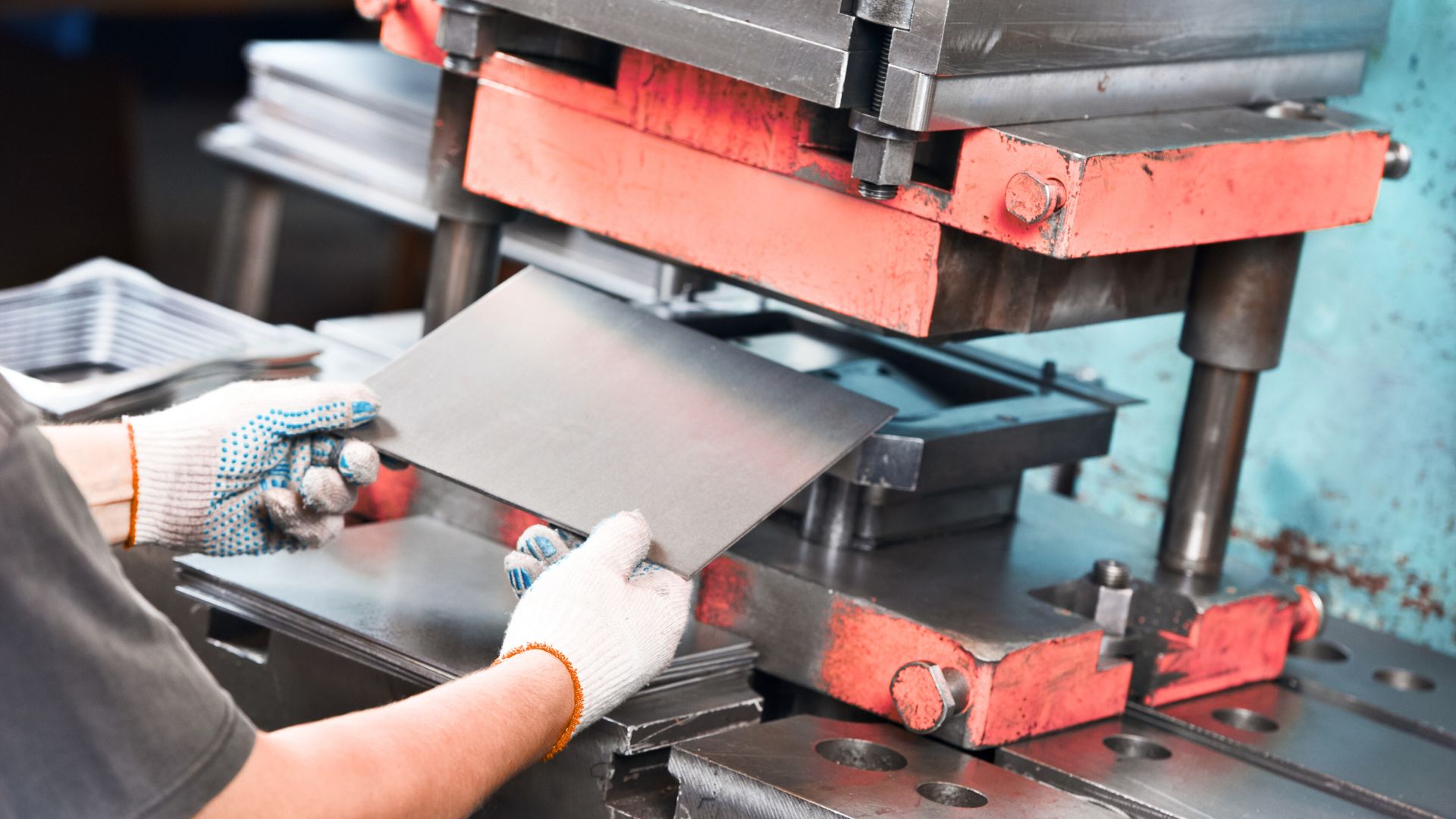Outsourcing manufacturing to China enables U.S. companies to focus their domestic operations on their core competencies of retail and distribution, marketing, and customer service. For production, factories in China offer a combination of low-cost and high-quality manufacturing that is difficult to replicate elsewhere.
If your company is considering outsourcing some or all of your manufacturing to China, there’s a lot you need to know. It’s important to understand why companies choose overseas manufacturing and how the manufacturing and legal processes work in China. As well as, how Chinese business culture and etiquette differ from American norms and the potential pitfalls you might encounter.
With that in mind, here are ten of the most important things your company should know about China manufacturing.
1. How U.S. Companies Began Outsourcing to China
U.S. companies began outsourcing manufacturing to factories in other countries in the mid-twentieth century. The move to offshore manufacturing was enabled by the rise of instantaneous trans-pacific communications and faster, more efficient transportation options. Companies in the U.S. could communicate in real-time with their counterparts anywhere in the world and manage just-in-time inventory via a combination of air and ocean freight.

Outsourcing to China, in particular, became practical after President Richard Nixon’s 1972 visit that helped thaw trade relations. After the visit, companies rushed to take advantage of lower labor costs in China and other Pacific Rim countries.
In more recent years China has proven particularly popular with manufacturers because of its large pools of skilled labor, strong work ethic, and less-stringent rules regarding benefits and work environment. It’s difficult to find an industry today that doesn’t outsource at least part of its manufacturing to China.
2. Government Regulations for China Manufacturing
When doing business outside the United States, it is essential to understand the laws and government regulations in place in the other country. American companies use to complying with a bevy of regulations regarding working hours, health and safety, minimum wage, and the environment may be surprised to discover that China has far fewer of these regulations. Because Chinese factories are less burdened with government rules and regulations, overall production costs are often considerably lower.
Unfortunately, this regulatory laxity also applies to laws that protect American intellectual property. It is not uncommon for companies to see their IP knocked off by Chinese competitors, and there is little legal recourse in China when this happens. You should consult your lawyer before engaging in any legal activity in any foreign country.
3. Impact of the Chinese Economy
With about a third of all Chinese workers employed in the manufacturing sector, manufacturing is important to the Chinese economy. Conversely, the Chinese economy has a tremendous impact on the U.S. manufacturing industry – as well as consumer markets.
The recent trade war between the United States and China, and the resulting tariffs on Chinese-produced goods, has worsened the economic environment in both countries. U.S. companies have seen the cost of many goods manufactured in China increase dramatically, which has caused some to seek manufacturing alternatives in other countries.
The value of the Chinese yuan is also a factor in the cost of goods manufactured in the country. When the yuan is low compared to the U.S. dollar, as it currently is, Chinese exports become more attractive, benefiting those companies using Chinese factories.
4. Key Chinese Manufacturing Hubs
Much of China’s manufacturing is centralized in seven major hubs and their related ports. These include:
- Guangzhou: Located on the Pearl Delta River with a direct route to Taiwan, this city is a major source for automotive, electronics, and petrochemical manufacturing.
- Hong Kong: A major trading center known for a variety of major industries, including education, testing, and certification services; medical equipment; and other innovative technology.
- Ningbo: Located just south of Shanghai, Ningbo is a prime logistical hub. Manufacturing industries include chemicals, electrical machinery, IT devices, and telecom equipment.
- Qingdao: On the coast of the Yellow Sea, Qingdao is a host to a diverse array of manufacturing industries, including automobiles, biopharmaceuticals, building materials, chemicals, electronics, machinery, metallurgy, and petrochemicals. It is also one of the largest hubs for garments and textiles.
- Shanghai: China’s financial hub, Shanghai is also home to various heavy industries, including steelmaking. It is also a leading manufacturing hub for automobiles, microcomputers, mobile phones, and plastics.
- Shenzhen: The second busiest port in the entire world, Shenzhen is a major hub for electronics manufacturing. Other manufacturing industries in Shenzhen include computers, electronics, and telecommunications.
- Tianjin: Tianjin is the largest manufacturing hub in northern China, serving eleven Chinese provinces as well as Mongolia. It is home to China’s textile and mechanics industries.
5. Chinese Business Culture and Etiquette
To both negotiate and work with Chinese businesspeople, it’s important for U.S. companies to understand and adhere to the proper business etiquette. Chinese business culture is much different from that in the United States and is quite complex but built on respect and relationships.
First, know that Chinese businesspeople like to work with people they trust. Avoid focusing on contracts, laws, and money; it’s all about building friendly long-term relationships.
Also of note is the importance of age and seniority in Chinese culture. Chinese businesspeople prefer to deal with older (50+), more experienced businesspeople rather than younger ones – which can help determine who on your team to send to that country.
When you meet with your Chinese counterparts, do your best to be on time; punctuality is held in high regard in Chinese culture. It’s also important to use formal titles in meetings and other communications – and know that Chinese businesspeople prefer personal meetings over email or telephone conversations. Be polite in all meetings, and don’t show off personal possessions or brag about your company. Humility is prized.
6. Shipping and Logistics for China Manufacturing
Utilizing China manufacturing introduces a variety of new process issues for most U.S. companies. In addition to managing the manufacturing process, companies have to figure out how to package and ship their products back to the U.S. This includes making sure that all shipments pass customs.
While companies can try to handle their own shipping and logistics, it is a steep learning curve — especially if you haven’t before dealt with offshore manufacturing. For this reason, many companies contract with a manufacturing liaison, such as ITI Manufacturing, to handle all aspects of the process, including logistics.
7. Potential Pitfalls in China Manufacturing
What potential pitfalls can a company encounter with China manufacturing? There are multitudes, the most common of which include:
- Language barriers
- Time zone differences
- Misunderstanding materials and specifications requirements
- Unexpected production changes
- Misunderstanding production schedules
- Adapting schedules to Chinese national holidays
- Unacceptable quality levels
- Shipping delays
- Passing customs and other inspections
- Stolen IP
8. Quality Control
One of the most challenging issues when outsourcing manufacturing is making sure that products are made to your exact specifications. The first step in ensuring quality control is choosing a manufacturer with a reputation for quality. In addition, you need to negotiate acceptable quality levels and establish regular product inspections.
You don’t want an unpleasant surprise when the first shipment of products arrives. Embracing proper quality control procedures can guarantee that your outsourced products meet or exceed all of your manufacturing requirements.
9. The Chinese Manufacturing Process
What does the process of manufacturing products in China entail? Your company should prepare for the following:
- Sourcing: The outsourcing process starts by identifying the best Chinese factory to manufacture your company’s goods. This requires research and investigation.
- Communication and negotiation: Once you’ve selected a manufacturing partner, you need to open communications and negotiate a contract that is favorable to both parties.
- Specifications and samples. When the contract is signed you need to send detailed specifications for the product to the factory. This may include sending product samples or prototypes for the factory to match. In return, the factory should provide you with preproduction samples of the desired product.
- Production: If the factory’s samples are acceptable, the factory is authorized to begin production. Manufacturing should be in accordance with an agreed-upon production schedule.
- Quality assurance: Inspections to ensure the manufactured product meets quality standards should be conducted during and after the manufacturing process.
- Shipping and logistics: The manufactured product needs to be packaged, labeled, and processed for customs and shipping to your location(s) in the U.S.
10. Using a Manufacturing Liaison
For many U.S. companies, the best and easiest way to manage the entire China manufacturing process – and deal with any issues that arise – is to engage the services of a manufacturing liaison, such as ITI Manufacturing. Liaisons have years of experience dealing with Chinese manufacturers and understand how to deal with problems that might occur.
Let ITI Manufacturing Help You Prepare for China Manufacturing
With more than 46 years of experience working with overseas manufacturers, ITI Manufacturing has a host of information and knowledge that can help U.S. companies outsource their production to China and other countries. We’ll help you find the right partner, negotiate contracts, and put professional staff onsite to manage the entire manufacturing process. We make the whole thing easy for you.





